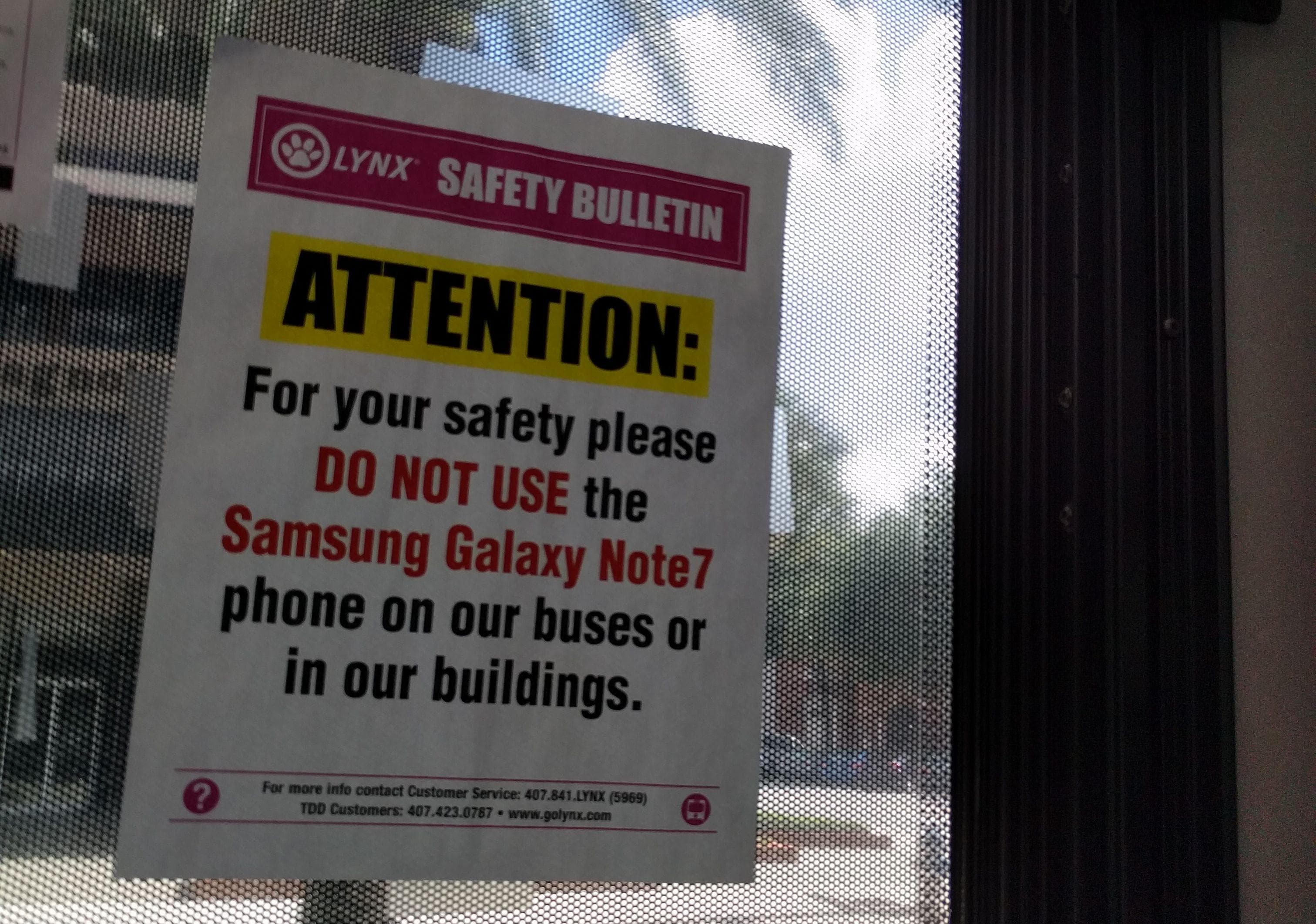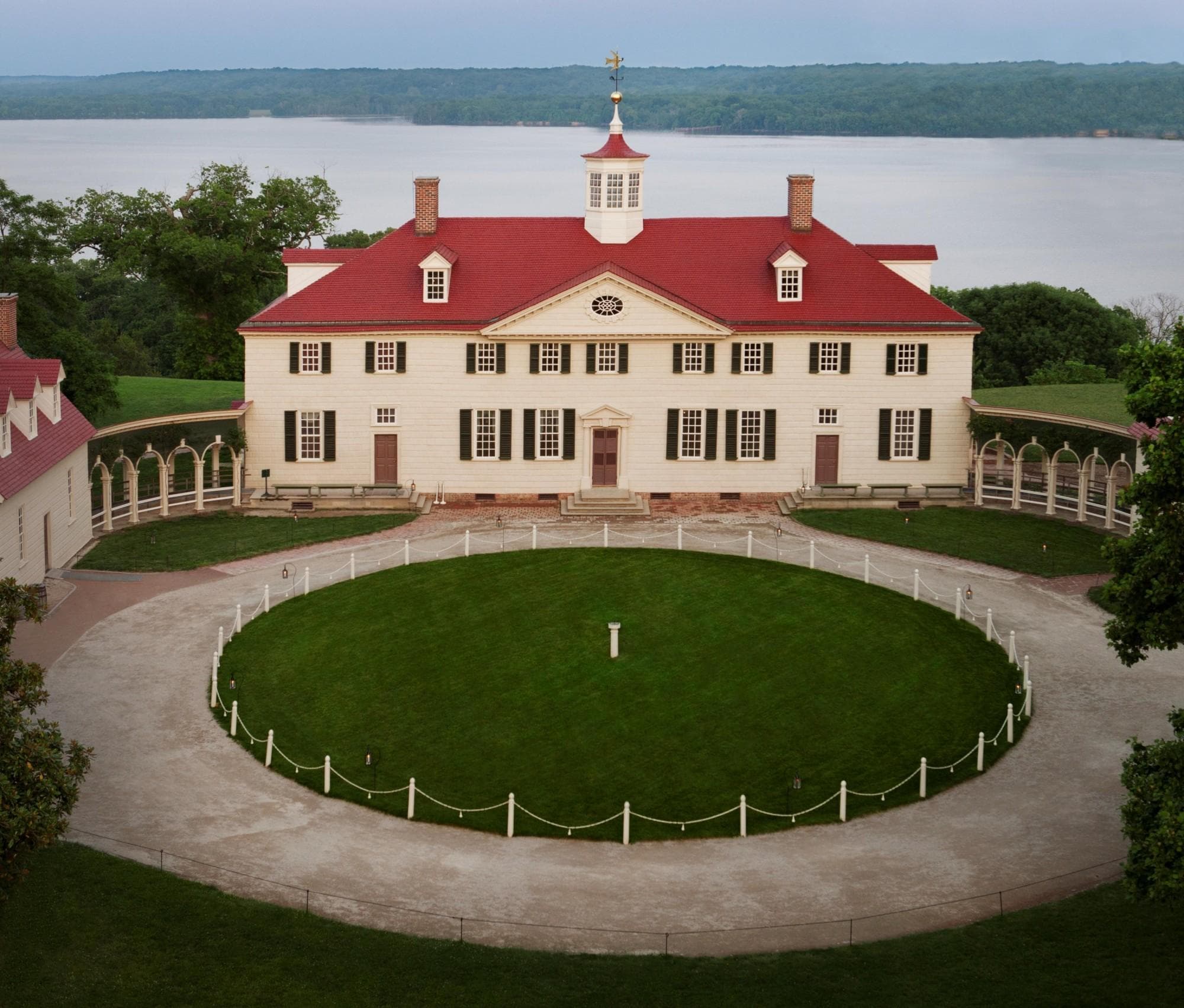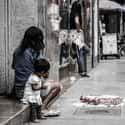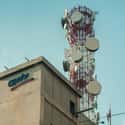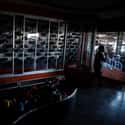(#9) Unemployment Forces Numerous Venezuelans Into 'Informal Work'
In March 2017, Reuters writer Eyanir Chinea reported how, over the previous 18 months, Venezuela lost over 1 million private sector jobs. A survey also revealed, of those polled, only 28% still held private sector jobs, while only 27% retained their government employment. Those left without work made ends meet by selling coffee and cigarettes on the street, or else took on other, infrequent freelance work without benefits.
The oil industry remains the country's most lucrative - the rich reserves in Venezuela keep the economy from crumbling entirely. But this may soon change, as Fabiola Zerpa notes in a February 2018 article for Financial Post: numerous oil workers are too hungry and malnourished to continue working, forcing them to walk away from their jobs.
Still, others walk out or skip work in the pursuit of food, since, as Mariana Zuñiga points out for NBC News, the average wage among Venezuelans barely affords food and other necessities. In addition, people generally only obtain what they need by waiting in long lines for hours.
(#12) Hunger And Starvation Run Rampant
Journalists Fabiola Zerpa and Noris Soto, along with photographer Fabiola Ferrero, documented rampant malnutrition and starvation in their Bloomberg piece "From 172 to 115 Pounds: The Faces of Venezuelan Hunger." The article features before-and-after crisis photos of "blue collar" citizens, demonstrating their drastic weight loss over a relatively short period.
Each photo has a write-up of the individual, detailing the poor diets endured by most Venezuelans. One woman, Yetsi Martinez, relies on government food handouts, consisting of "mostly cheap vegetables - corn, celery, yucca" to feed her family. Before the economic collapse, Martinez's family enjoyed healthy meals of steak, chicken, eggs, and other nutritional foods.
Meanwhile, Alexander Lopez goes without eating most days so he can feed his daughters. His hunger became so severe at one point, he blacked out on a subway, only to wake up to medical care.
The BBC also covered the hunger crisis in Venezuela, featuring harrowing footage of dangerously malnourished children and people digging through trash to find sustenance.
(#6) The Internet Runs Slowly And Falls Under Heavy Regulation
In his April 2018 Washington Post article, Carlos Hernández Blanco writes about CANTV, the state-owned-and-operated internet service provider for all of Venezuela:
It used to belong to Verizon and worked reasonably okay, but in 2007, [then-President Hugo] Chávez decided to expropriate it to strike a blow against international capitalism and to bring the internet to the masses (or some such).
Our internet service now costs almost nothing (I’ll give them that), but it’s also among the slowest in the world and completely unreliable. In some communities, people steal internet cables to strip and sell them as scrap metal. Since CANTV simply can’t afford to replace them, those people are left without internet access.
Moreover, current president Nicolás Maduro keeps a tight lid on what Venezuelans access online - stiff regulations Vice News writer David Gilbert compares to the "repressive online censorship of China and Iran." In June 2018, Maduro also blocked all access to the Tor network - meaning no one could access the encrypted network to browse the internet undetected. Tor previously allowed Venezuelans to circumvent the governmental restrictions.
(#13) Nightlife Remains Almost Nonexistent
Caracas once boasted numerous options for late-night entertainment, but as the financial crisis began to wreck the entire country, options disappeared. Mirelis Morales Tovar wrote for CityLab in July 2016:
In the Venezuelan capital, it was common for people to bounce from one place to another all night, and end the party at dawn eating at one of the city's many 24-hour arepas stands. But with mounting insecurity, a high cost of living, and power outages, that has all changed. Today, nightlife options have been reduced to evenings at friends’ houses, where everyone brings food, drinks, and - if they can - water or toilet paper.
Tovar goes on to explain how nightclubs, bars, and late-night movies were widely available throughout the city, but as the bolívar began to lose its value, citizens could no longer afford to go out, and business owners could not afford to stay open.
Moreover, rates of criminal activity escalated, making it unsafe to go out at night, even for those who could still afford to do so. Malls became an affordable and popular alternative, but after President Nicolás Maduro's government ordered all stores to close at 7 pm to save on electricity costs, this option disappeared, too.
(#10) Some Citizens Professionally Gamble To Make Ends Meet
Given the job market's state and the need for higher bolívar notes to afford basic necessities, numerous Venezuelans rely on various forms of gambling to keep afloat. A favorite among locals is Los Animalitos, AKA Little Animals, a game reminiscent of roulette. Reuters writer Andreina Aponte reported in 2017 how one woman occasionally makes 50,000 to 60,000 bolívars at a time playing the game.
Carlos Hernández explained how the game works via the Caracas Chronicles:
There’s a little board with 38 “little animals” on it.
Each animalito has a number. If you pick the right one, you win: the payoff is 30 times your original bet. Put 1,000 bolívars on the little camel, and if it shows up, you go home with 30,000 [bolívars]. You can bet on as many animals as you want.
Hernández stated how the game is so popular, Animalitos lottery tickets are available for purchase almost everywhere throughout the city.
(#4) Power And Water Outages Occur With A Debilitating Frequency
In a Washington Post piece from April 2018, Carlos Hernández Blanco described internet, power, and water outages as weekly - if not daily - occurrences. During the latter, he and his family had to line up with buckets in tow at a water faucet down the street to stock up on reserves. Blanco states how having multiple buckets of water around the house is "just common sense."
Blanco counts himself lucky concerning his functioning electricity - outages "usually last about an hour, and occur weeks apart." For other regions in Venezuela, however, outages last for weeks. Meanwhile, other communities lack the luxury of water and electricity altogether.
New Random Displays Display All By Ranking
About This Tool
Venezuela, a South American country rich in crude oil, but has become a hell on earth. Due to the extreme economic policies of the government, the country is erupting the worst energy shortage and economic crisis in history. The hungry people have even begun to hunt stray cats, dogs, pigeons, and even mice to survive. Due to the lack of food and basic medical treatment, people are struggling to die. The government even made the situation worse.
Ironically, Venezuela is not a barren country. The country's crude oil reserves even exceed those of rich Saudi Arabia. However, due to the failure of the government's economic policies and the impact of falling global oil prices, the originally beautiful and rich countries have fallen into a huge economic disaster. The random tool describes 13 facts about how it like living in Venezuela.
Our data comes from Ranker, If you want to participate in the ranking of items displayed on this page, please click here.




